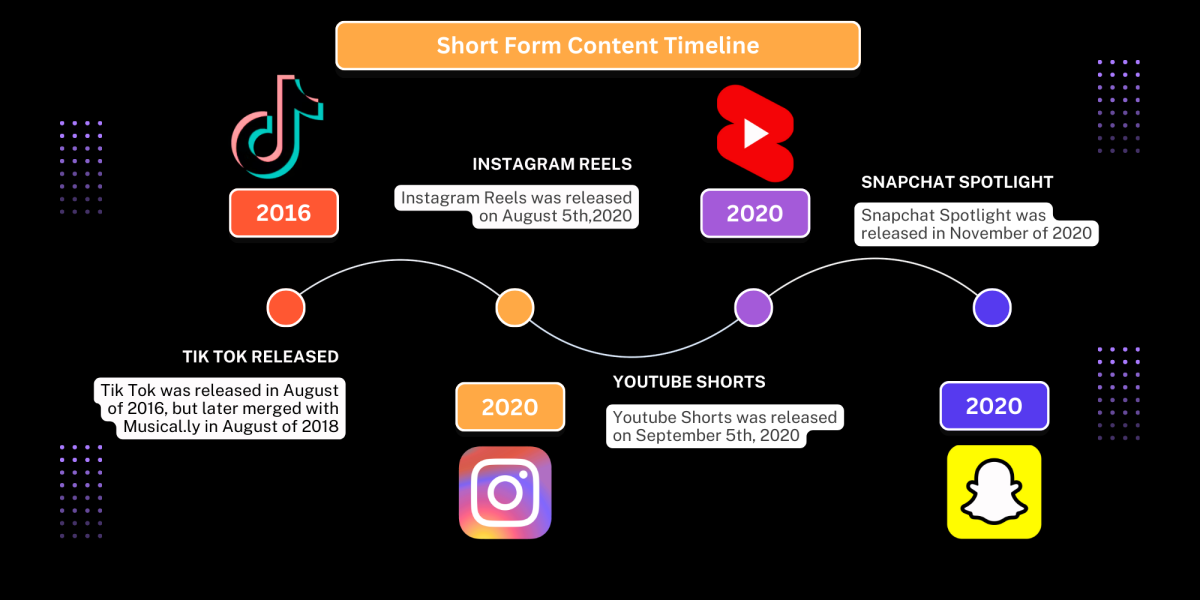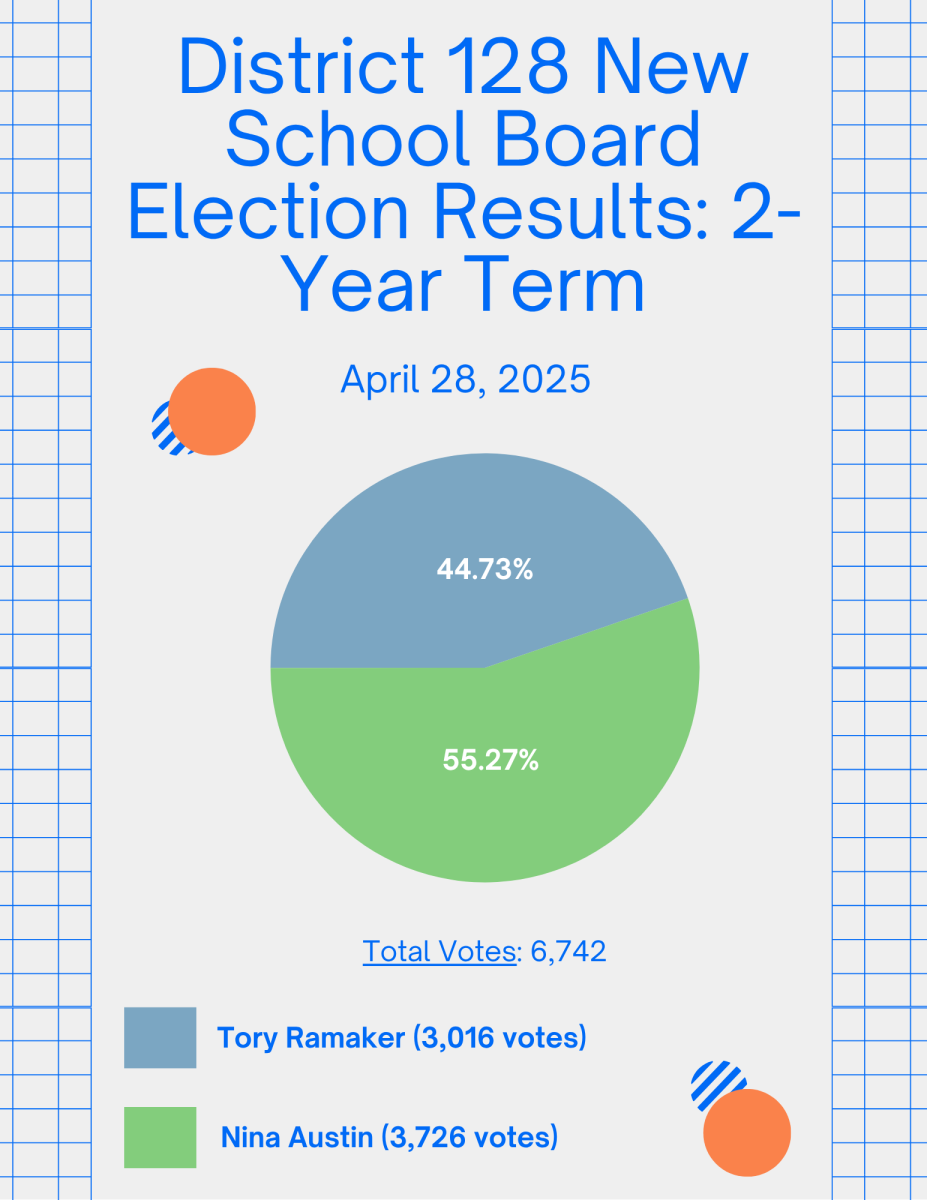Freshman year is a time to acclimate to the new atmosphere of LHS. Sophomore year is a time to enjoy the fact that you’re no longer a freshman, and that you’re not yet a junior. Junior year is its own entity, comprised of challenging classes, emotional instability, and the most feared acronym: the ACT.
The ACT is a standardized college admissions test that high schoolers around the U.S. take, typically during their junior and senior years. It’s composed of English, math, reading, and science sections; there’s also an optional writing section that is required by some colleges. The actual test takes approximately three hours, with a 10-minute break in between the math and reading sections. However, it’s not just the time crunch that causes stress — it’s the impact of the score on students’ chances of being accepted into their dream college that triggers anxiety.
“The ACT definitely plays a part at most colleges. There is a growing number of schools that are going test-optional or test-flexible, meaning that they do not need to see a test in the process, but, still the vast majority of schools are looking for an ACT or SAT score,” stated college counselor Ms. Amy Belstra. “It’s not the number one, but it is up there.”
Some students prepare in different ways; other just don’t prepare at all. But, the plurality of students elect for some type of studying method, whether it be tutoring, purchasing a Barron’s book, or overdosing on practice tests.
Brittany Rochester, a junior at LHS, has been preparing for the ACT with a tutor since August.
“The tutoring was on all four sections and it was out of an ACT book,” commented Rochester. “I thought [the tutoring] helped a lot. I felt a lot more confident taking [the test] in October as opposed to taking the practice one for the first time.”
However, every student is different and whether you choose to study for months and receive tutoring or do nothing at all, the overall choice is yours on how you want to prepare. Below, we have compiled a few tips and tricks that we feel, based on our experience and research, are most important when taking the ACT:
- Buy books –– Test prep books such as Barron’s The Real ACT and Kaplan ACT Strategies give you everything you need to perfect your ACT score. From ample amounts of practice tests, to test diagnoses that make you aware of what you need to work on, these books will drastically help you improve your score. Barron’s The Real ACT retails at $19.66 at Barnes and Noble and Kaplan 2015 retails at $22 on Amazon.
- Charge your calculator battery — As simple as this may sound, charging your calculator could mean the difference in an actual test. Although you can still complete the math portion without a calculator, it will you greatly help you to have a calculator handy to get you through those pesky problems that would have taken you longer without a calculator.
- Get a full night’s sleep and eat a good breakfast — Your body needs a full night of sleep in order to be alert and perform well on your test the following day. According to the Harris Health Sleep Disorders Center, “Memory recall and ability to maintain concentration are much improved when an individual is rested.” Instead of frantically studying all night for your ACT the next day, take some time off and get 8-9 hours of sleep that evening. Also, no matter how nervous you may feel, make sure to eat a good breakfast the morning of your ACT. WebMd has proven that eating a healthy breakfast can improve your concentration and performance in the classroom.
- Strategize — Some students may be able to whiz through the math section, while others may work right up until the timer. Make sure to strategize and have a plan before you start the test. Whether it’s reading the reading questions before you look at the passage, or starting the math section backwards, it’s important to realize what works best for you.
- RELAX — Yes, it is much easier said than done, but relaxing is really going to help you in the long run. If anything, stressing will negatively impact your score, which is not what any of us want. Take it easy, manage your time, study hard, and you will do great!
Also, be sure to head to the auditorium on Tuesday, Nov. 17 at 7 p.m. with a parent or guardian. Ms. Belstra will be giving her “Cats to College Part I: Creating Your College List” presentation to kick-off the testing season for juniors and teach them how to plan and prep for the ACT.










![Senior River Thompson joins the Jazz Ensemble by singing “That Old Black Magic” by Mercer and Arlen Arr. Mark Taylor, along with senior Annie Brody on guitar and junior Thomas Teixeira on bass, earning big applause. “[The concert had] great energy because it's the last [jazz concert] of the year,” Brody said.](https://www.lhsdoi.com/wp-content/uploads/2025/04/Eight-That-Old-Black-Magic-1200x800.jpg)
![Mr. Abullh Ali, manager/assistant, helps open Queen Yemeni Coffee in downtown Libertyville at 606 North Milwaukee Ave. With the help of employees such as manager and LHS senior Yousef Taha, they are able to bring the Yemeni and Ethiopian culture to Libertyville by using their Queen spices, cinnamon and cardamom in their drinks such as Adani Chai, which is inspired by Sheda, the Queen of Yemen and Ethiopia. “The history of our coffee [is] a long history and we believe that Yemen and Ethiopia started the coffee and we are bringing something unique to the community,” Mr. Ali said.](https://www.lhsdoi.com/wp-content/uploads/2025/04/Photo-1-1200x800.jpg)


